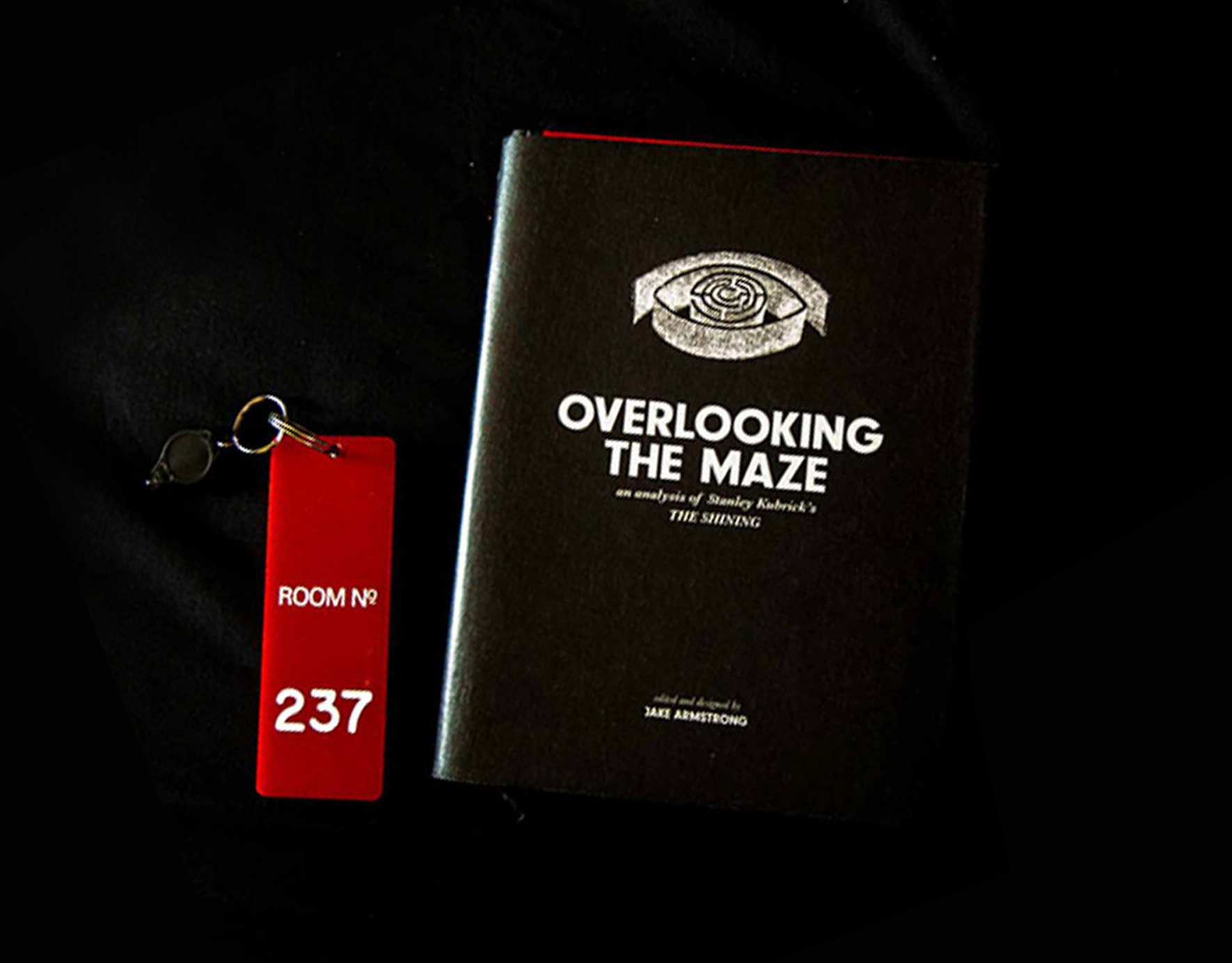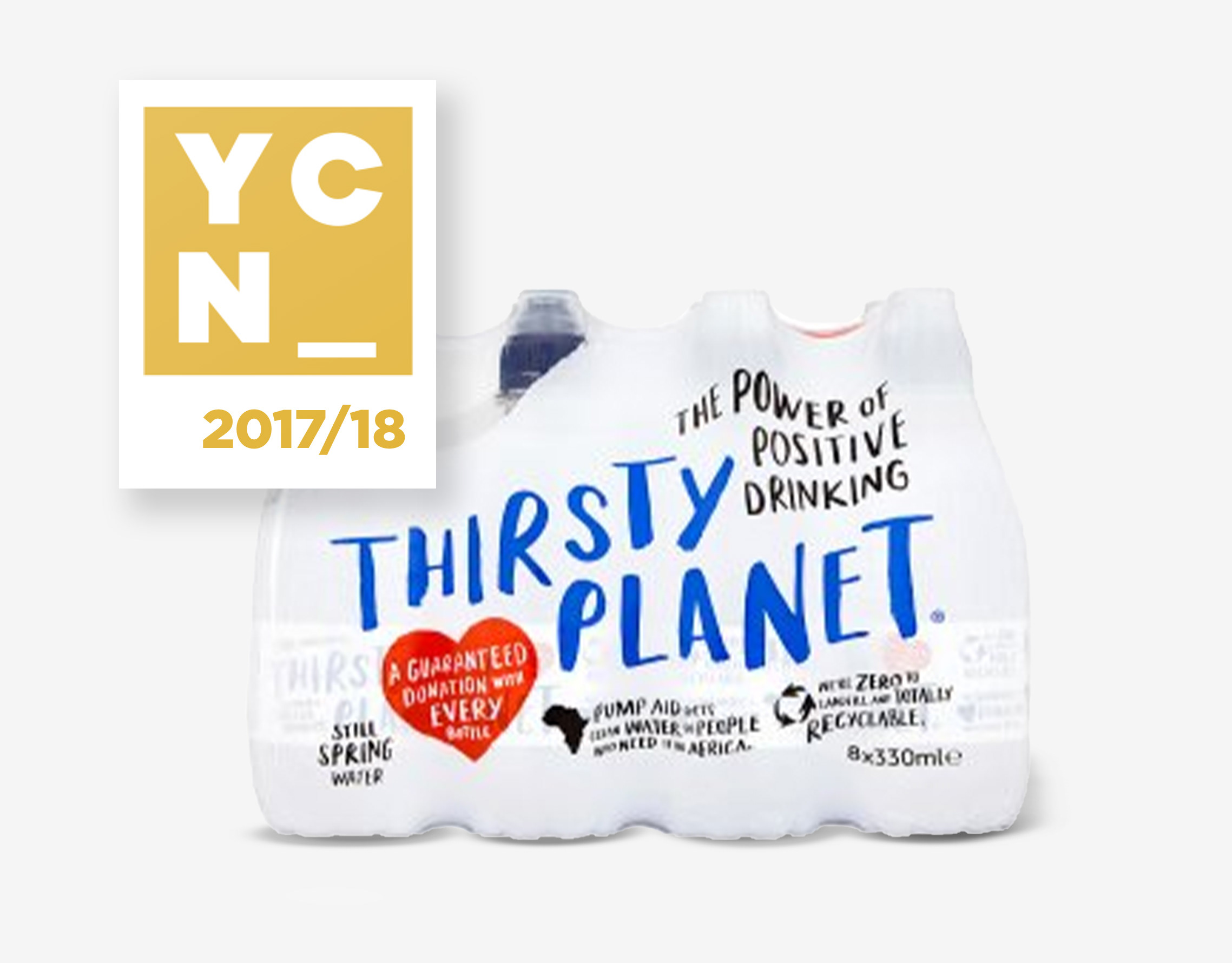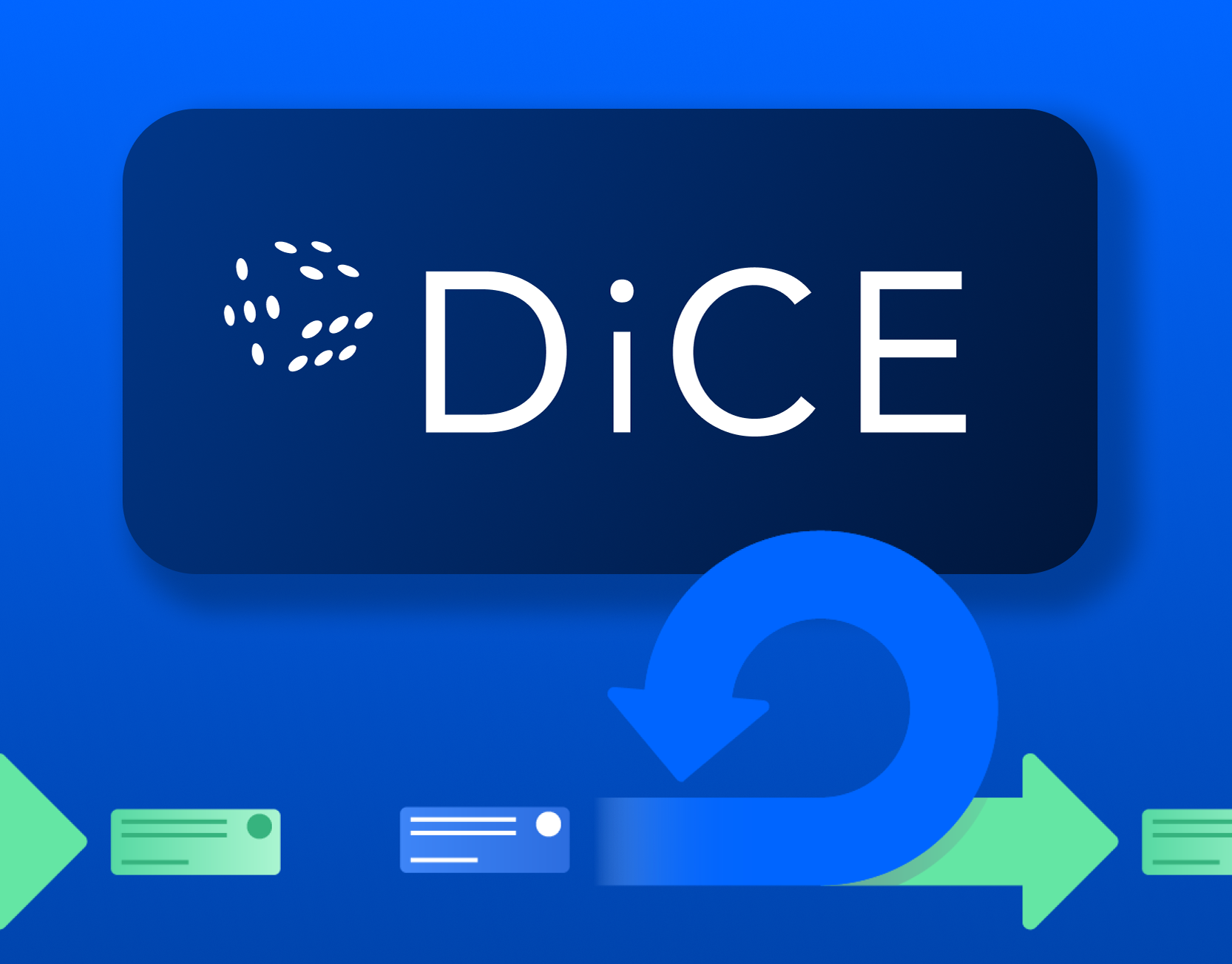The problem
Increase adds to basket for Browse customers
There are a number of different ways customers to build their basket on the Sainsbury's website, the most popular being:
⏺ Favourites A curated selection of previously bought items
⏺ Search Results from a search term
⏺ Browse Category pages, navigated by the sites hierarchy
Browse pages make up the majority of the website, yet don't make up the majority of adds. It was seen as an opportunity area to investigate what we could do to improve adds to basket in this area.
Step 1
Discover
This image illustrates the main 3 behaviours on the Fruit & Vegetables Zone page:
⏺ 27.71% Navigating away from the zone
⏺ 20.54% Navigating to a sub category
⏺ 7.35% Clicking content
It shows that:
⏺ The majority of customers were navigating away from the Zone they'd landed on
⏺ The Search bar is the highest clicked element on the page
This indicated that customers weren't finding what they were expecting to on the page and resorting to Search.
Step 2
Define
Working closely with the Optimisation, Development and other stakeholder teams, we identified the technical and business limitations that may impact the design of the test.
In order to fit in with stakeholders priorities, these had to to meet the criteria:
⏺ Retain current content monetization opportunities present on Zone pages
⏺ Utilize existing components
⏺ A uniform experience for desktop & mobile
I created some 'How Might We' statements to reframe the insights & limitations into opportunity areas.
How might we...
⏺ Help customers find what they're looking for
⏺ Reduce content to make better use of screen real estate
⏺ Align the mobile & desktop experience
⏺ Increase adds to basket
Step 3
Develop
We created a hypothesis that customers are more likely to add to basket if they are presented the opportunity sooner; and a clear problem to solve: Reduce the number of steps from zone pages to product
Taking all of the limitations into account, I worked up a design for the page to balance the needs of the customer and stakeholders, whilst accomplishing the 'How Might We' statements we'd established.
The design focused on the customer goal to add products to basket whilst also respecting the value of navigation. By introducing the ability to add products to basket at every level, it caters for all users, rather than those that know exactly what they want. An in-grid content spot provides a space for monetisation.
Step 4
Deliver
Mobile UI before
Mobile UI after
Desktop UI before
Desktop UI after
The test ran with 152,222 sessions and saw positive signs for the new page design with more customers adding products to their basket and booking a slot to complete their order.
▲ Adds to cart
Total +1.3%
Total +1.3%
Mobile +3%
▲ Slots booked
Total +1.1%
Mobile +2.7%
This proved the hypothesis that people are more likely to add to basket if they are presented the opportunity sooner. It also provided a crucial first step in the redesign of Hierarchy pages, with further tests being run off the back of this, which would go on to inform designs for a full front-end migration.
Conclusion
My takeaways
This was an important project for me as it was one of the first times I'd worked on such a large page redesign, working with a large stakeholder group. I learned so much about working with others and leveraging data in conversations.
That's all folks
Thank you for reading



